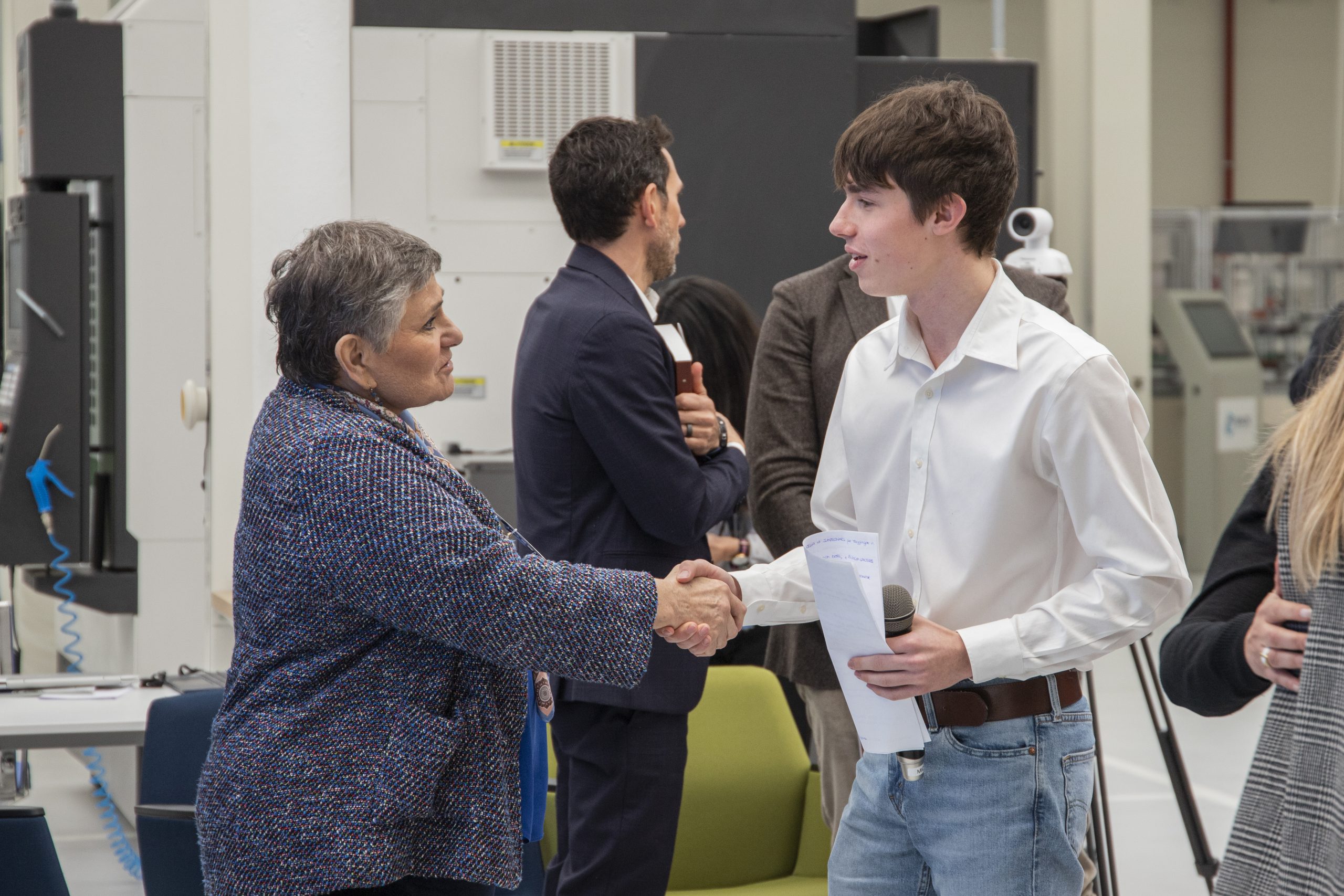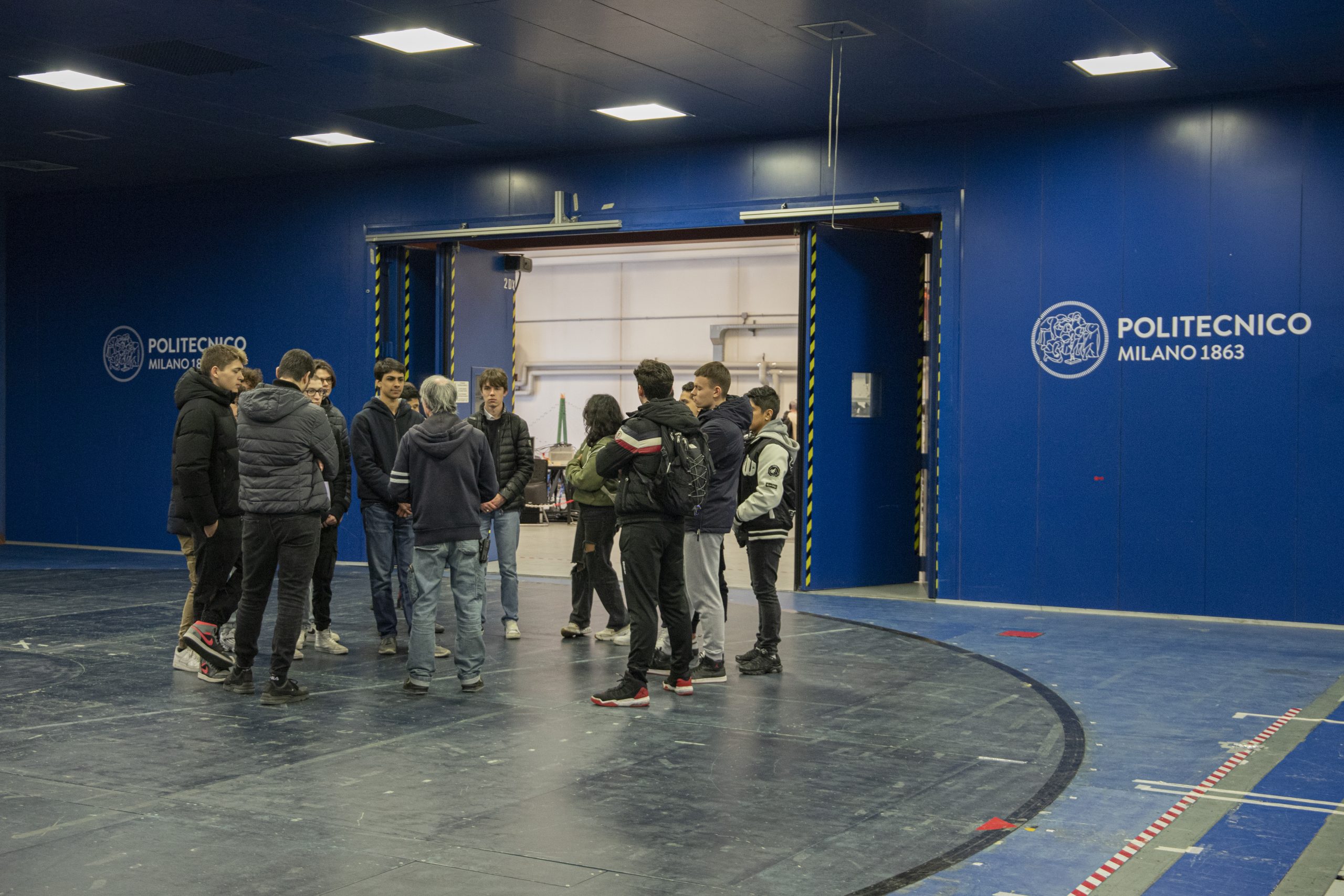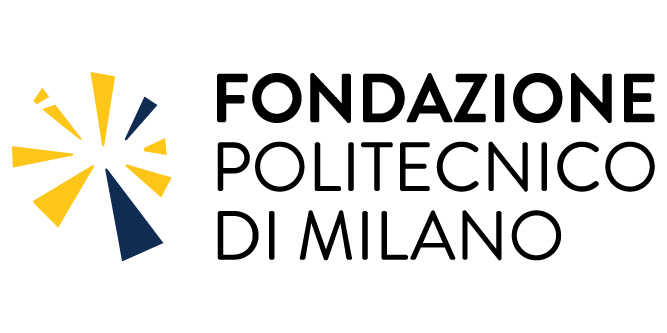“The future starts from its roots”, the first event to mark the Foundation’s twenty-year celebrations
We talked about STEAM subjects at “The future starts from its roots”, the first event marking Fondazione Politecnico di Milano’s vicennial anniversary, and discussed how subjects revolving around science, technology, engineering, the arts and mathematics are key for tomorrow’s professionals. Work is also passion and our message is never stop being curious, and learn to know. The conference was moderated by Eugenio Gatti, the Foundation’s Director General, and among the audience were the students from five classes at Istituto Giacomo Feltrinelli, a science and technology secondary school in Milan.
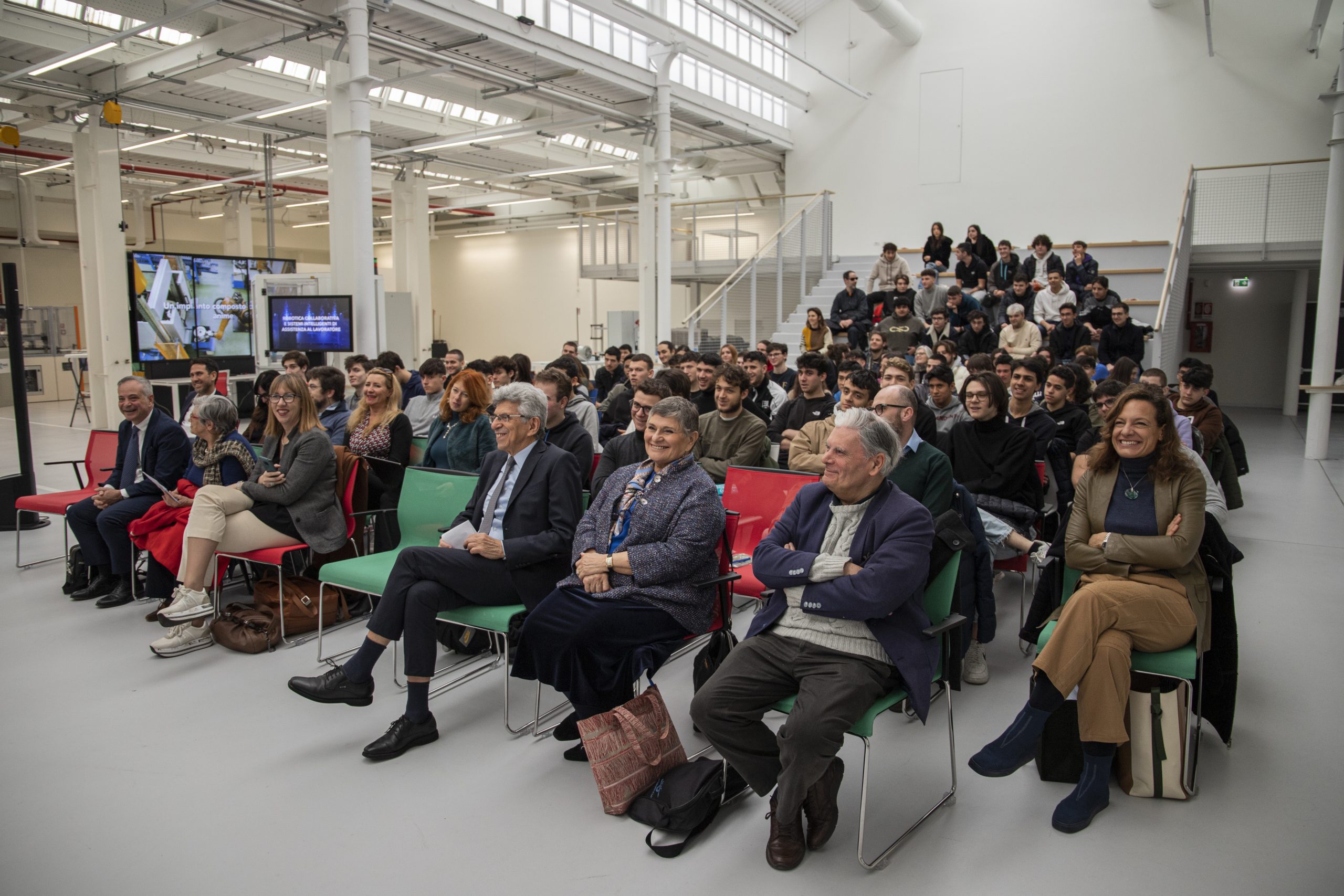
Mara Tanelli, the Rector’s Delegate for Diversity and Inclusion at Politecnico di Milano, took the stage at MADE, a competence centre created to guide companies in their path of digitalisation. She spoke of the University as a place where people, as well as studying, plan and live side by side, and together discover their own talents. Studying for an engineering degree remains a favourite choice, but the numbers still fall short. The current 4800 graduates are matched by 15,100 job offers from the market. Computer science engineers, management engineers and mechanical engineers are in pole position.
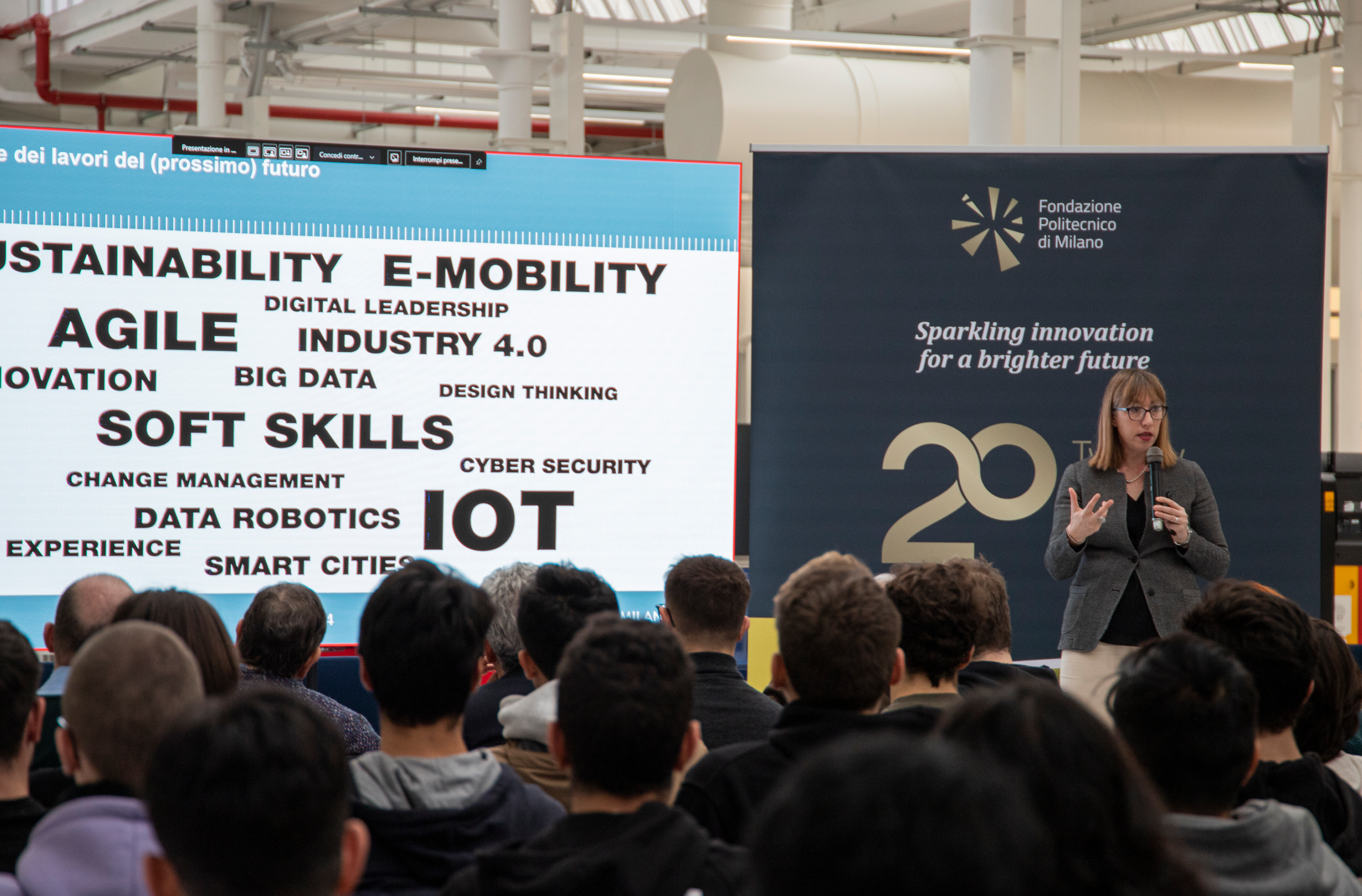
Next to speak was Andrea Sianesi, President of Fondazione Politecnico di Milano which was founded twenty years ago to back the University’s work and interests. Today, the Foundation’s mission is even stronger and, among its objectives, is the will to export Politecnico’s output of excellence, and inject new opportunities into the University. One of these objectives is to spread STEAM subjects, a purpose achieved in various ways. Politecnico di Milano’s summer camp, TechCamp, comes into its own here, with its work to bring secondary schools students closer to STEAM subjects. Among the people who helped to establish Fondazione Politecnico di Milano was Adriano De Maio, and the past Rector made it clear that great innovations are rooted in a capacity to be forward-looking and far-seeing. “I call on everyone whose heart is in research and innovation to come forward and study. Education is fundamental for a country to grow and develop. And this is something we are forgetting. The main thing is to be connected. The future starts from its roots. A tree grows when it has roots. And our Politecnico is a magnificent root”.
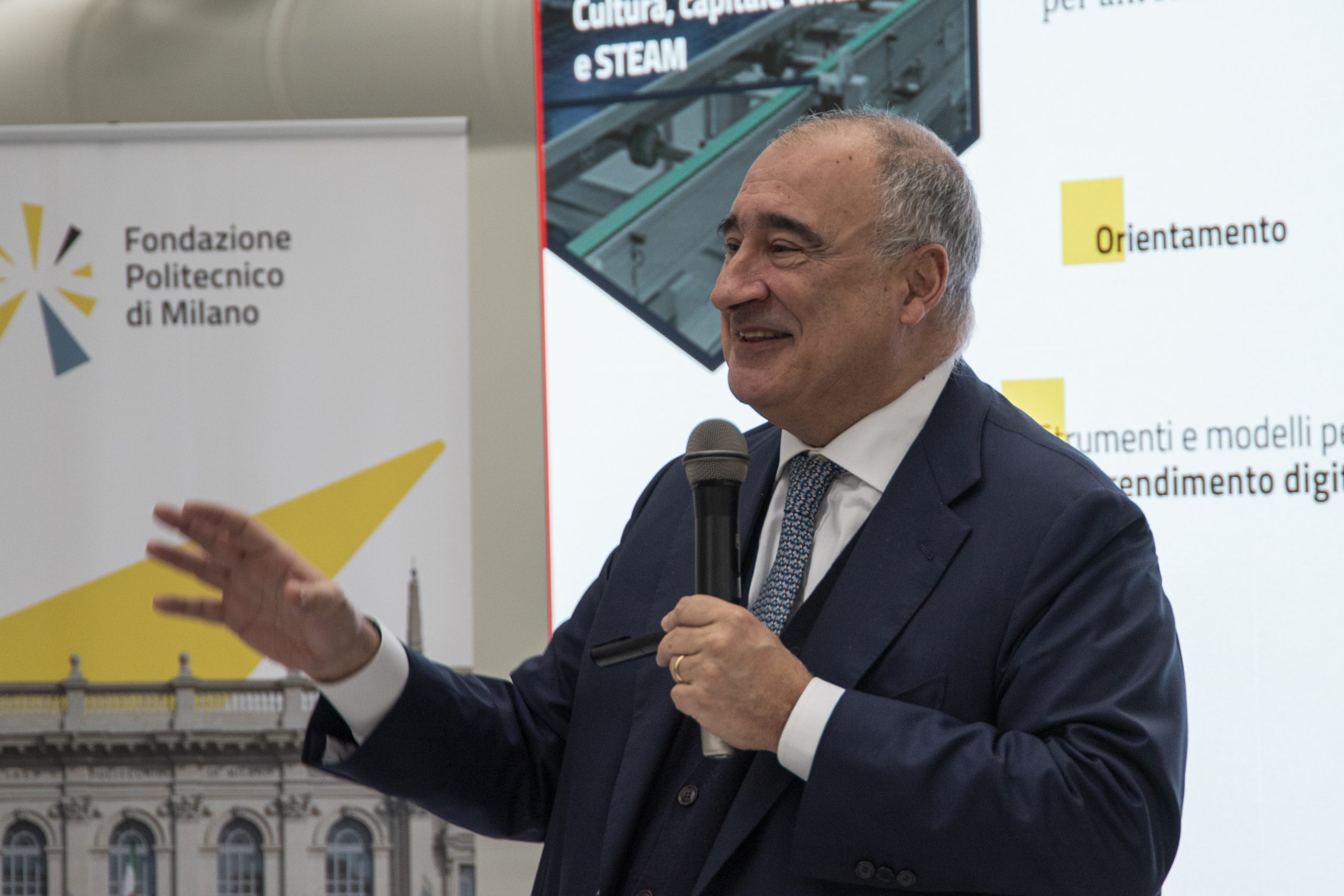
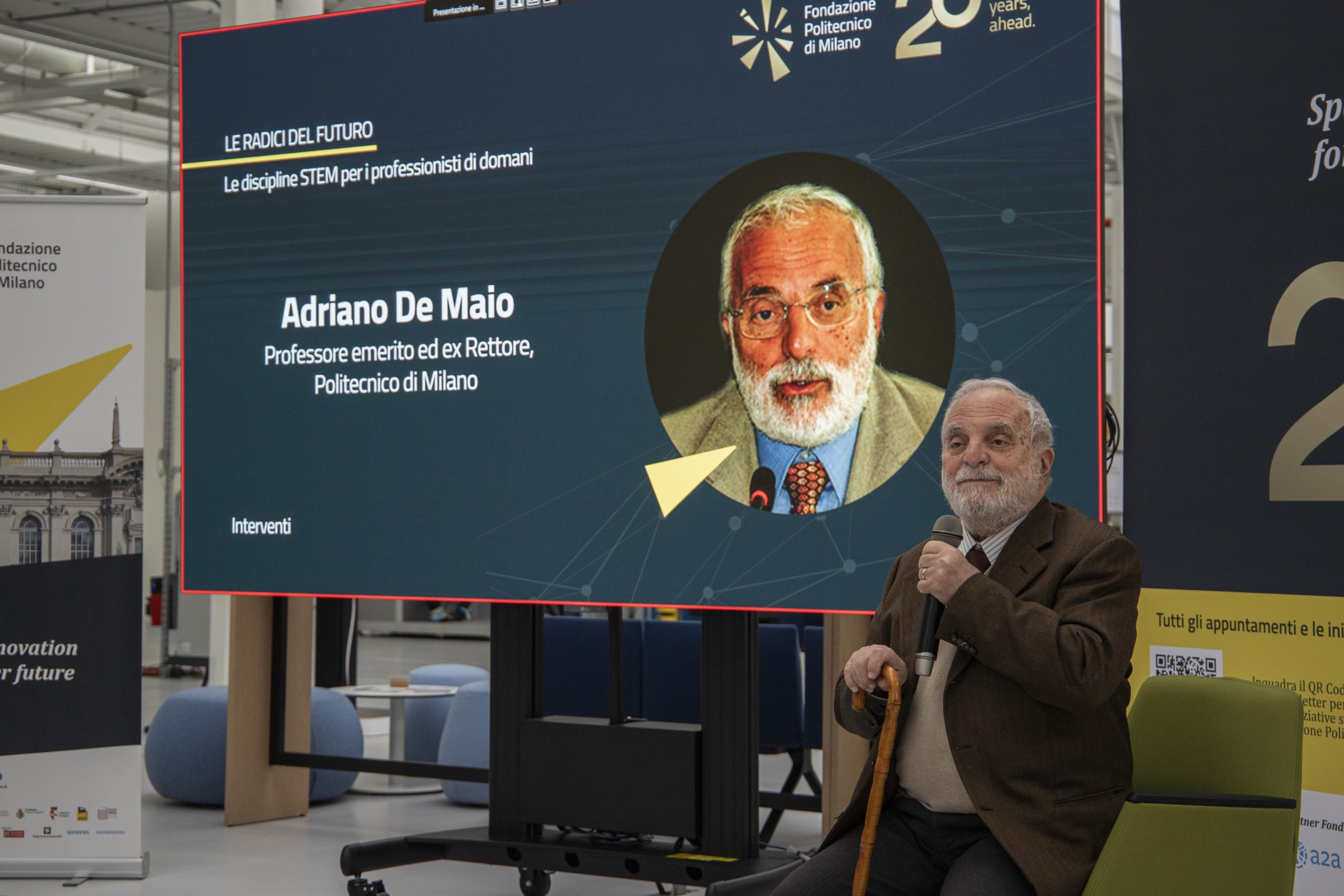
Gaela Bernini, general secretary of Fondazione Bracco, then took to the floor. She set out the numbers in the gender gap index, which measures the gender gap in 146 countries relative to involvement in the country’s economy and politics, and for health and level of education. In the 2022 classification, Italy is in 63rd place, after Uganda (61st) and Zambia (62nd), while Iceland, Finland and Norway are the top-ranking countries.
“Inclusion is a must, meaning that we must increase female participation in STEAM subjects and issues”, stated Gaela Bernini. “Talent must always be heard. A society cannot afford to lose its talent. Many studies show that the media rarely consults women as experts. For this reason, in 2016, Fondazione Bracco launched www.100esperte.it, an online database which lists 361 women with expertise in a range of fields, who are well-placed to bring their knowledge to the table. Carlo Mango, Director of Science and Technology at Fondazione Cariplo discussed the SI project, which brings together schools, companies and families. As its tangible results, the project provided modern laboratory equipment to technical schools, with dozens of teenagers being able to use the kind of technical equipment they will handle once they start work. Last to speak was Marco Mazzagli, video game evangelist at Tiny Bull Studios who spoke directly to the young people, explaining that every subject is a window onto the world, and so arts and humanities are equally as important, because science and arts form a close bond whenever we want to communicate something. His hope and expectation is to reach the point where the work of life does not have to mean being weighed down by doing a profession, because in the end what we do gives a meaning to life itself.
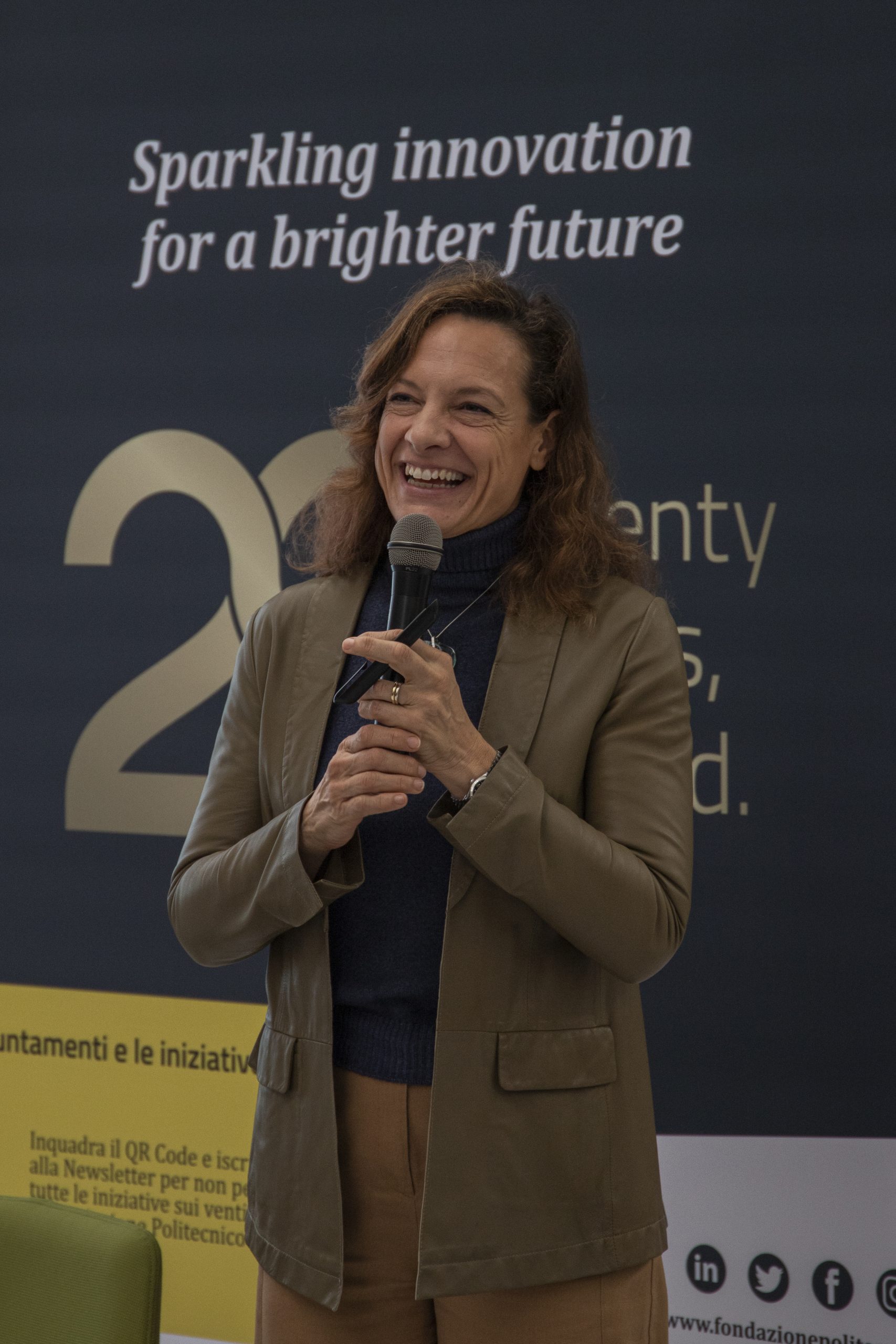
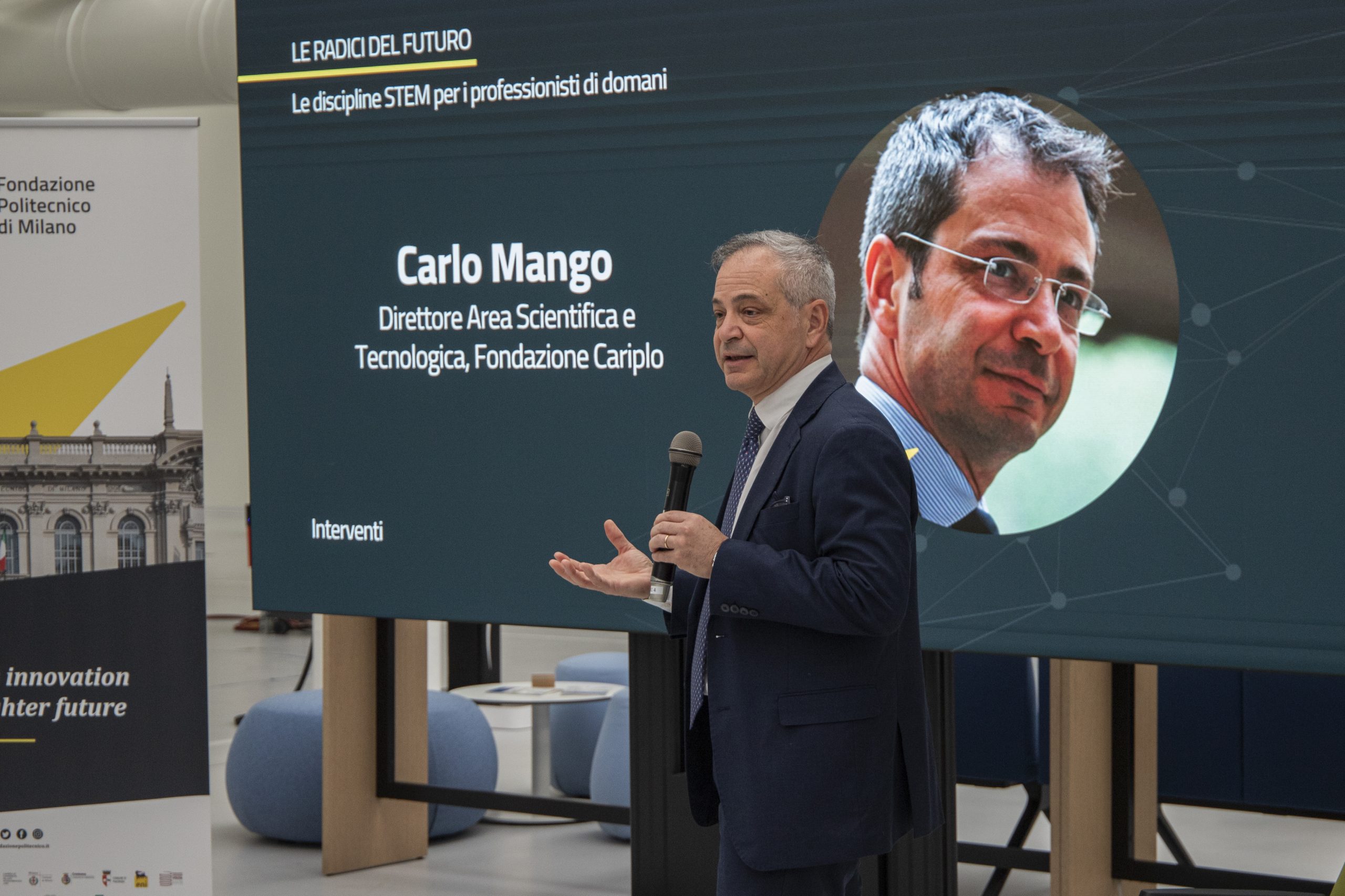
The morning session concluded with a round table discussion moderated by Maria Cristina Treu, past Pro-Rector at Politecnico. On the panel were Sergio Bittanti and Emilio Bartezzaghi, Emeritus Professors at Politecnico di Milano, Cinzia Parizzi, President of the Eugenio and Germana Parizzi Association, and other speakers, including Diego Andreis, Managing Director at Fluid O Tech. He noted that over 40 per cent of skills remain undiscovered by companies, and highlighted the importance of workshops and laboratories and the role they play in the education of young people. On the subject of young people, one panel member was Gabriele Comi, the student representative of the school Istituto Giacomo Feltrinelli of Milano, who spoke about his school mates, saying that having a passion is certainly very important, but there must also be the drive to chase this passion. As he said, “Not everyone knows what they want, or has clear ideas. One thing is obvious, we are the kernel, the central point, and we must start from us”.
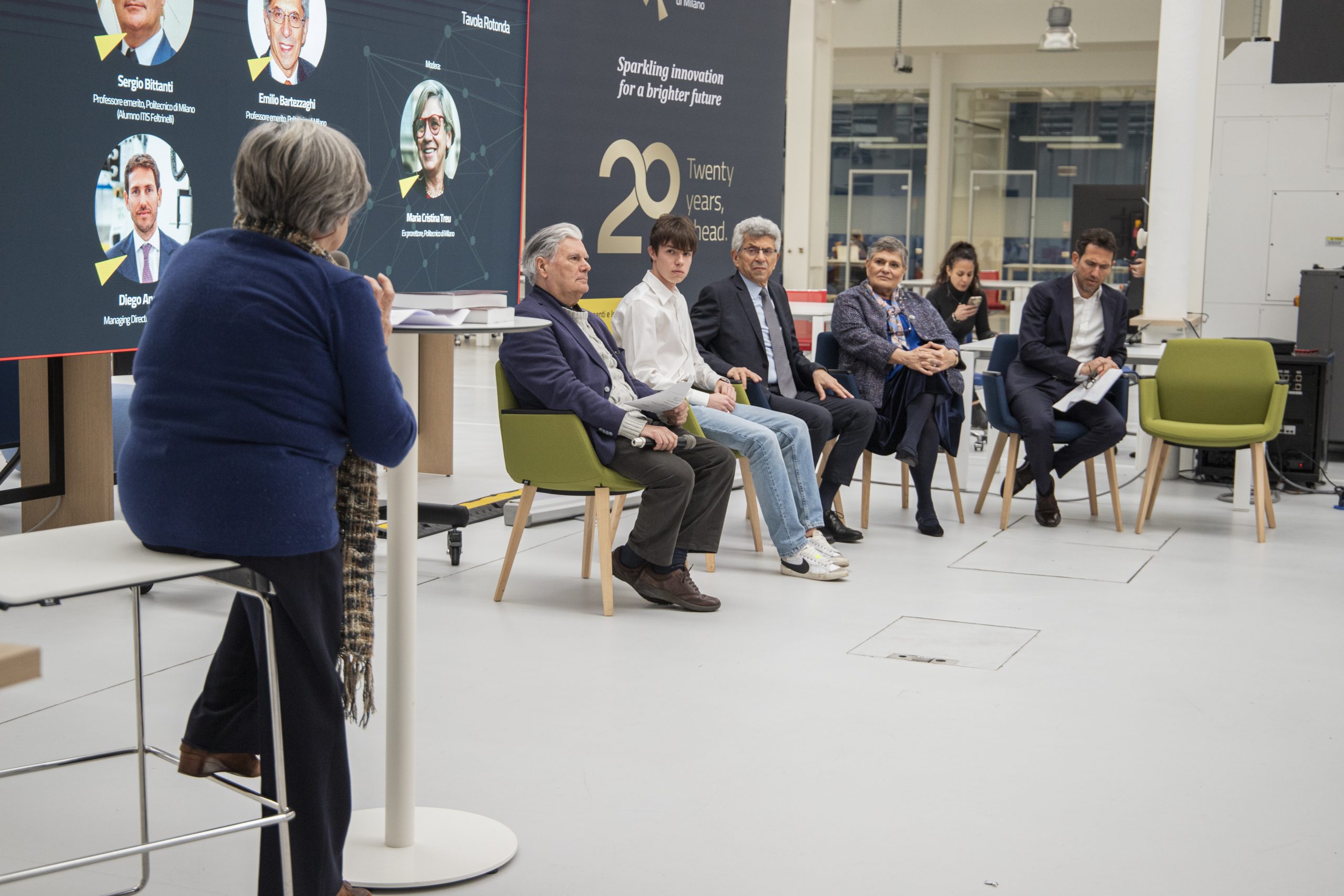
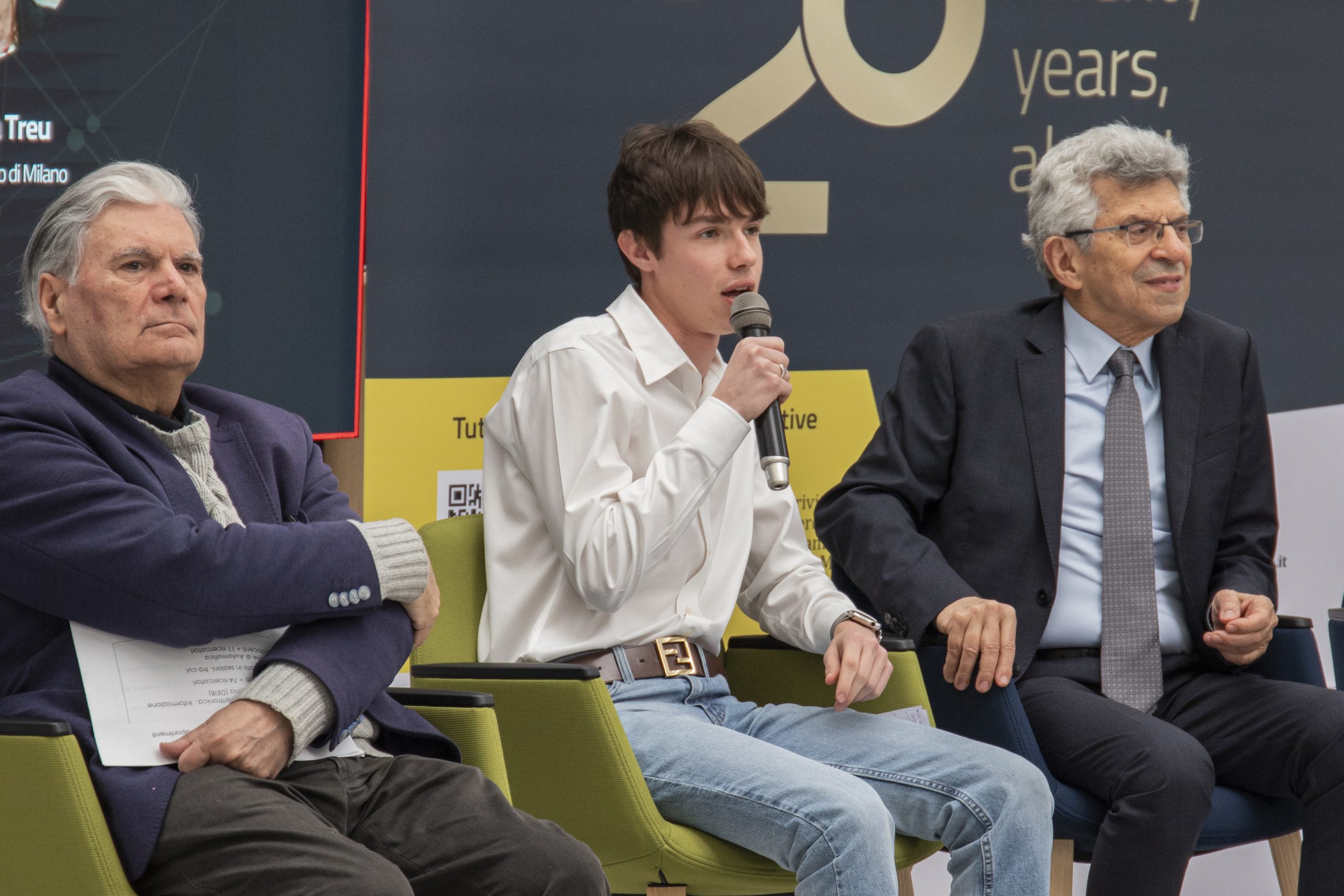
The morning session was followed by a visit to Politecnico di Milano’s exceptional Boundary Layer Wind Tunnel, the largest such laboratory in Europe. Here we test everything that can move in the air, including road and race cars, aeroplanes and other very high speed vehicles.
